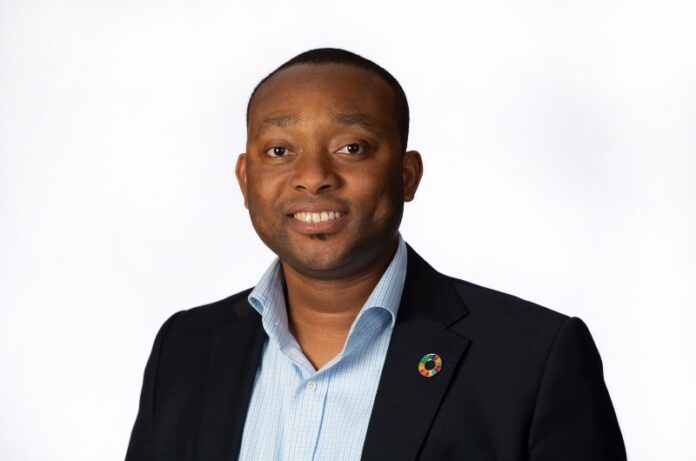As MWC Kigali approaches, GSMA Intelligence anticipates the key themes and focal points that will dominate discussions at the upcoming 5G Summit.
Navigating 5G deployment strategies
The approach to 5G in Africa must take into consideration the current connectivity landscape and unique market dynamics that could influence 5G rollout and adoption. In practice, this means phased and targeted 5G deployment in specific locations where there is a clear demand for 5G capabilities.
Presently, 5G coverage in the region remains primarily concentrated in the busiest parts of major cities, yet growing demand for better connectivity will take 5G into new areas. For instance, MTN has deployed 5G networks in 13 cities across Nigeria. With ambitious plans, the operator intends to extend 5G coverage to 10% by the close of 2023 and 40% by 2025.
Making 5G smartphones more affordable: Low-cost 5G smartphones are crucial for driving the adoption of 5G technology. Cheaper chipset designs have already enabled operators to offer 5G smartphones for as little as $150.
However, this price point remains prohibitive for most consumers in Africa. To accelerate 5G uptake, operators can employ strategies such as device financing and one-time data bonuses for activating 5G devices. Ultimately, however, sub-$100 5G smartphones will be necessary to expand 5G adoption beyond the initial wave of consumers.
Taking FWA mainstream:
Operators have long sought to leverage wireless technology to extend fixed broadband access to a larger percentage of the population. While previous solutions have failed to deliver on their early promise, advances in mobile network technology make 5G FWA a viable solution in multiple scenarios.
As of September 2023, 12 operators across seven countries in Africa offer 5G FWA services. This number is poised to increase significantly as 5G deployments extend into new areas, with operators recognizing FWA services as a pivotal avenue to monetize their network investments.
Growing momentum for enterprise 5G: 5G’s suite of new capabilities can enable innovative solutions for enterprises across different verticals. With this in mind, mobile operators are investing in programs to develop locally relevant 5G applications, as demonstrated by initiatives like Orange Labs in Senegal and Côte d’Ivoire. Operators are also exploring opportunities in private networks.
While the private 5G sector in Africa is in its early stages, promising developments are already emerging. Notably, MTN and Huawei have joined forces with Minetec Smart Mining to pioneer South Africa’s inaugural 5G-connected coal mine. These companies have also collaborated on establishing Uganda’s first 5G industrial application at a HIMA cement plant, exemplifying 5G’s potential to improve production efficiency and worker safety.
Accelerating 5G commercialization in North Africa:
The growing number of 5G tests and trials in North Africa alludes to the readiness of mobile operators in the region to roll out commercial 5G services. However, with the 5G spectrum yet to be assigned in any North African country, it has been challenging for operators to move forward with their 5G plans. As such, 5G commercial services remain absent from North Africa. With operators eager to unlock the full potential of mobile technology in the region, expect to hear more about how North Africa can accelerate the rollout of 5G networks at MWC Kigali’s 5G Summit.
Realizing the potential of below 3 GHz spectrum: Bands below 3 GHz are necessary for operators to deliver cost-effective nationwide coverage of 4G services across rural and urban areas. Despite the rollout of 5G services, operators in Africa also need to drive 4G uptake, given the improving availability and affordability of 4G devices.
These bands can also support innovative 5G enterprises’ use cases, enabling operators to support the digital transformation ambitions of businesses across different verticals in the region. In South Africa, for example, MTN has partnered with Huawei to deliver smart mining solutions for several mines, leveraging the capabilities of lower frequencies to enable a range of enterprise solutions.
Source: GSMA Intelligence’s Kenechi Okeleke


